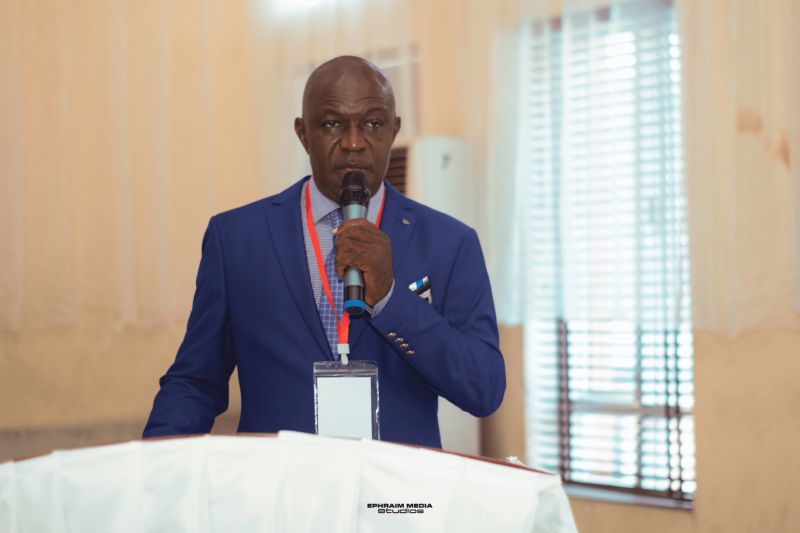The Dredgers Association of Nigeria (DAN) has refuted claims by the Minister of Works, Dave Umahi, that industrial dredging activities conducted by its members are responsible for the observed damage to the Eko Bridge in Lagos State. DAN asserts that a critical distinction must be made between industrial dredging and reclamation dredging, two distinct activities with differing purposes, locations, and regulatory frameworks. The association maintains that industrial dredging, their area of expertise, operates within strictly defined parameters far from bridge infrastructure and poses no threat to such structures. They argue the minister’s observations conflate these two activities, unfairly implicating industrial dredging in damage potentially caused by reclamation dredging projects closer to the bridge.
Industrial dredging, as explained by DAN’s Secretary-General, Mr. Richard Ntan, is a highly regulated practice focused on maintaining navigable waterways in the creeks and central areas of the Lagos Lagoon. These operations are conducted far from bridge infrastructure, ensuring the safe and efficient movement of vessels vital for Lagos’s economic development. The dredging process employs precise methods and is subject to rigorous supervision to minimize environmental impact. This approach contrasts sharply with reclamation dredging, which involves filling in areas of water to create new land, often in close proximity to existing infrastructure. DAN suggests that the minister’s concerns regarding damage to the Eko Bridge stem from reclamation activities, particularly the ongoing project near the Third Mainland Bridge, rather than from industrial dredging operations conducted by its members.
DAN has urged Minister Umahi to conduct a thorough investigation to ascertain the parties responsible for reclamation dredging near bridges, particularly the Third Mainland Bridge. This investigation, the association argues, is crucial for separating the activities of industrial dredgers, who are members of DAN and operate under strict regulations, from those engaged in reclamation dredging, which may be taking place closer to sensitive infrastructure. By clarifying the roles of these different operators, DAN aims to protect the reputation of its members and ensure that they are not unfairly blamed for damage caused by practices outside their purview. The association emphasizes its commitment to responsible dredging practices and full compliance with national regulations.
The disagreement between DAN and the Minister of Works highlights the need for clarity and transparency in regulating dredging activities in Lagos State. While both industrial and reclamation dredging play roles in the state’s development, their distinct impacts on the environment and infrastructure necessitate specific regulations and oversight. DAN’s call for a thorough investigation into reclamation activities near the Third Mainland Bridge underscores the importance of accountability and the need for authorities to differentiate between these distinct practices. This distinction will not only ensure appropriate responsibility for any damage caused but also protect the integrity of companies engaging in responsible industrial dredging operations.
Furthermore, the incident underscores the importance of proactive communication and collaboration between government agencies and industry stakeholders. A clearer understanding of the different types of dredging activities, their locations, and potential impacts is essential for creating effective regulatory frameworks and preventing future misunderstandings. Open dialogue between the Ministry of Works, the Lagos State Government, and organizations like DAN can facilitate the development of sustainable practices that support economic growth while safeguarding critical infrastructure and the environment.
In conclusion, the exchange between DAN and the Minister of Works highlights the complexities of managing dredging activities in a rapidly developing urban environment. Distinguishing between industrial and reclamation dredging, coupled with robust investigation and transparent communication, is crucial for assigning responsibility for infrastructure damage and ensuring the sustainable development of Lagos State’s waterways. By working collaboratively, government agencies and industry stakeholders can create a framework that balances economic needs with environmental protection and infrastructure integrity.














